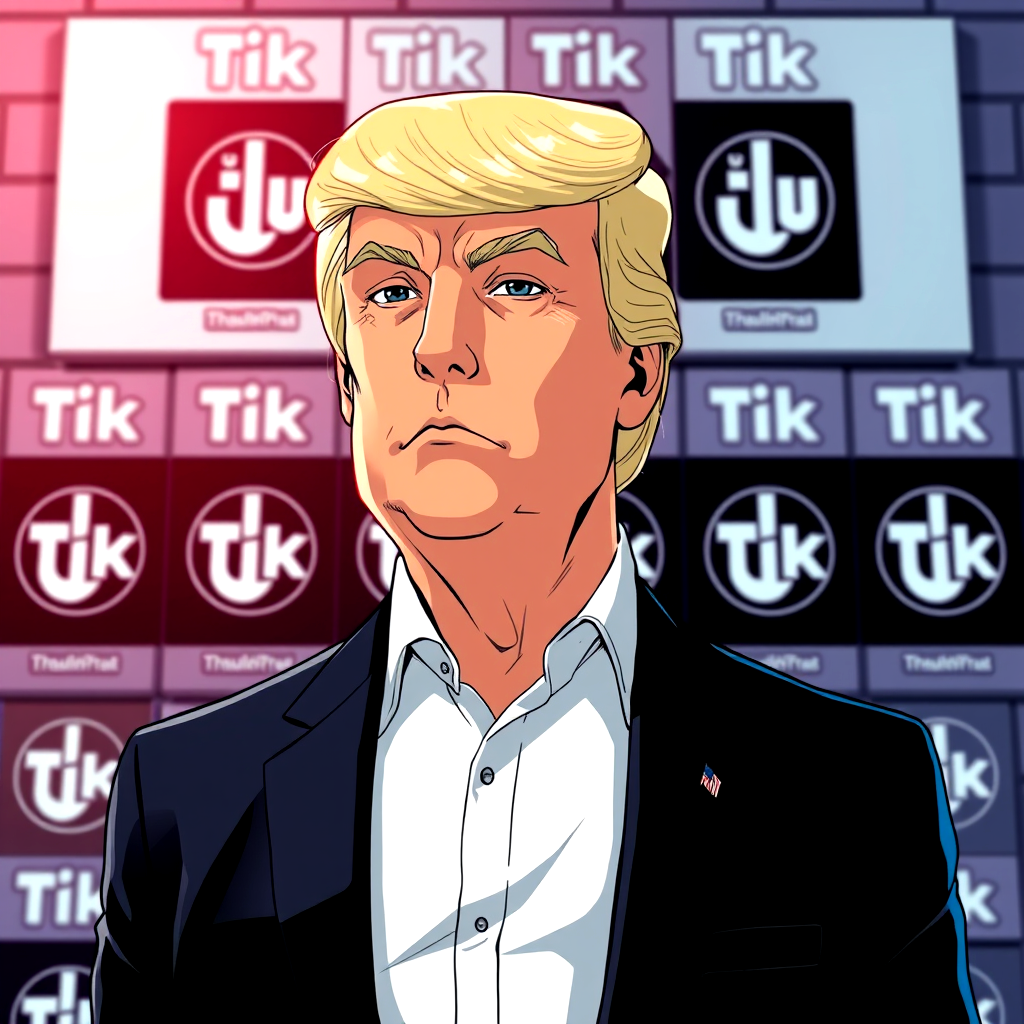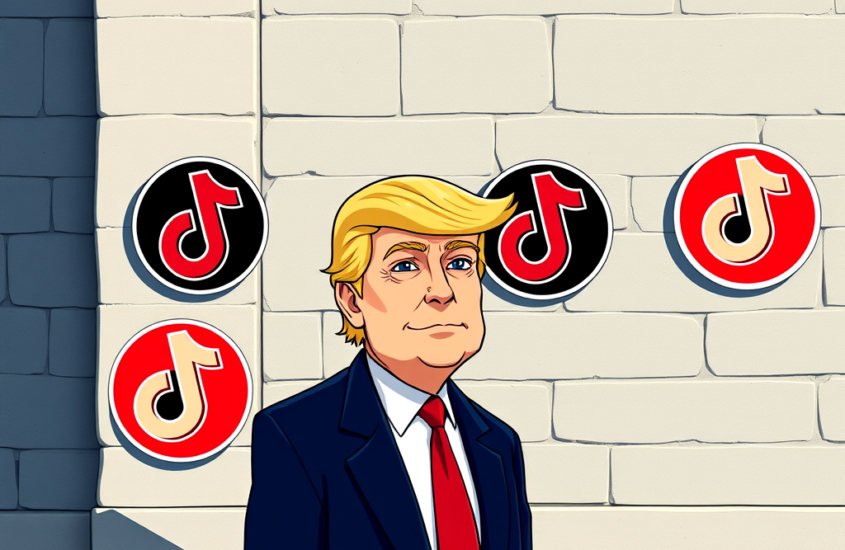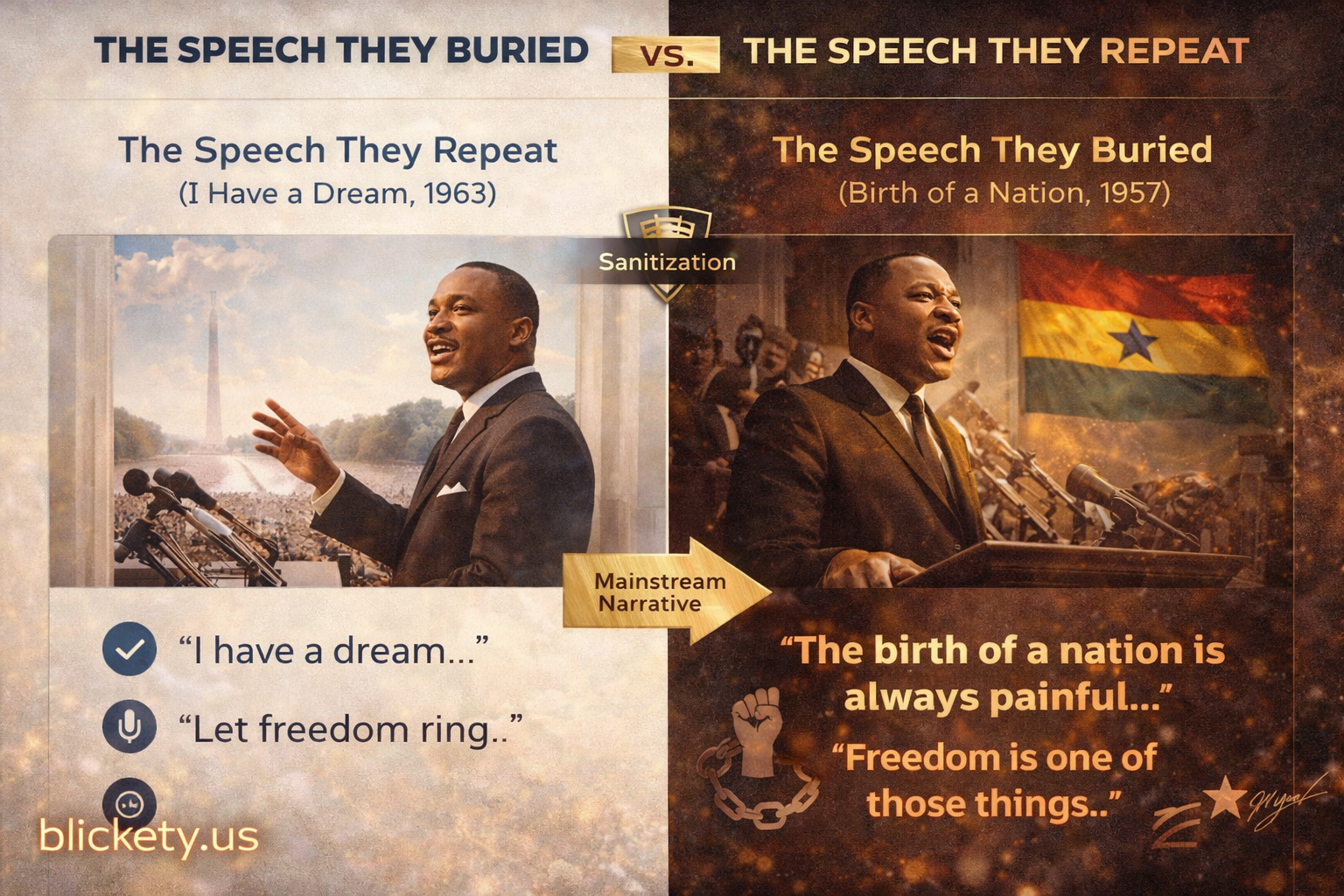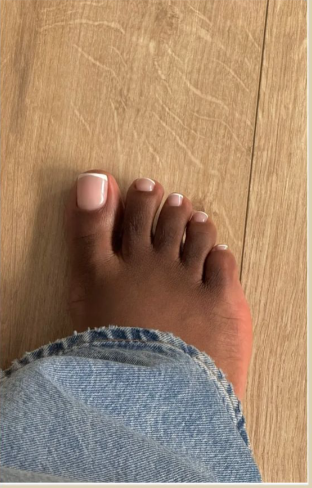
President Trump has dramatically escalated the TikTok controversy by proposing a groundbreaking approach to the platform’s potential sale. Moreover, his latest strategy involves a unique 50-50 joint venture that could reshape the social media landscape and international tech negotiations.
The Proposed Deal: A Bold Negotiation Strategy
During a White House press conference, Trump openly expressed his support for two potential buyers: Tesla CEO Elon Musk and Oracle Chairman Larry Ellison. Furthermore, he explicitly stated his preference for a joint venture where the United States would receive half ownership of the popular social media platform.
Key Proposal Details
- Half of TikTok would be transferred to U.S. ownership
- The government would provide an operational “permit”
- Larry Ellison immediately expressed interest, responding, “It sounds like a good deal to me, Mr. President.”
Legal Experts Weigh In
Constitutional and business law experts have raised significant concerns about the proposed arrangement. Nicholas Creel, a business law professor, argued for a potential ban if foreign entities maintain substantial influence over the platform.
Jonathan Entin, professor emeritus of law at Case Western Reserve University, offered a nuanced perspective. He suggested that Trump might have some flexibility due to limited potential legal challenges. Meanwhile, he noted potential financial opportunities for both the government and private corporations.
National Security Considerations
Jared Carter, a constitutional law expert, provided crucial insights into the legal landscape. Notably, he emphasized that:
- Divestiture to an American company appears mandatory
- A 50-50 split would potentially conflict with national security requirements
- Challenges are likely if such an agreement were reached
The Broader Geopolitical Context
Experts like Dan Ives from Wedbush Securities view this situation as more than just a tech acquisition. Instead, they see TikTok as a strategic “chip on the poker table” in broader U.S.-China negotiations.
Current Status of the Ban
The latest executive order introduces several critical developments:
- The TikTok ban enforcement is suspended for 75 days
- The Department of Justice will not currently enforce the ban
- The underlying law remains in effect
- ByteDance must execute a “qualified divestiture” to continue operations
Elon Musk’s Perspective
Interestingly, Elon Musk has publicly opposed the TikTok ban. He argues that:
- The ban contradicts principles of free speech
- There’s an imbalance in social media platform access between the U.S. and China
- Fundamental changes are necessary in international tech regulations
Potential Outcomes and Uncertainties
Several crucial questions remain unanswered:
- Will a buyer emerge for TikTok’s U.S. operations?
- Can a mutually acceptable ownership structure be negotiated?
- How will ByteDance respond to these demands?






